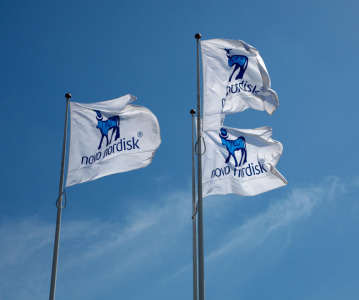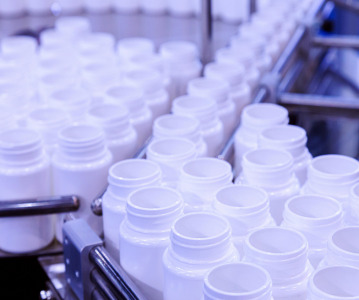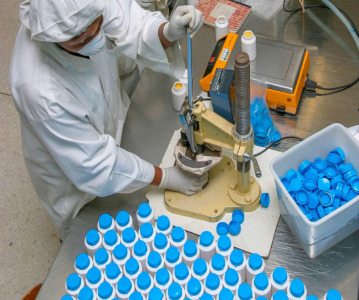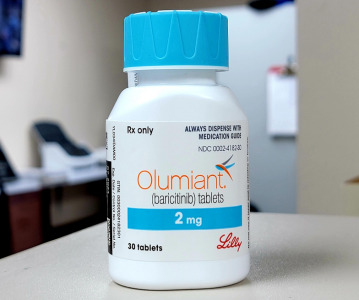China focused on meeting international API demand amid pandemic, say officials

China is stepping up its efforts to produce and ship active pharmaceutical ingredients (APIs), with a focus on meeting international demand, particularly for those showing potential to treat the COVID-19 disease, according to Chinese officials on Tuesday.
Overall export volumes of Chinese APIs so far in 2020 have decreased by 10-20% year-on-year due to the coronavirus pandemic, officials said at a press conference arranged by China’s State Council Information Office.
Xin Guobin, deputy minister of industry and information technology said the main cause of the export decline was a combination of greatly reduced sea freight and international shipping and increased transportation costs.
“International transportation has become a bottleneck for the supply of APIs,” he said.
He added that Chinese API production had stalled in January and February due to the impact of the epidemic, with some manufacturers stopping production, causing a shortfall in supply even before the logistics and transportation problems arose in March.
Xin said that while overall current Chinese API production levels were at 80% of normal levels, volumes of those with potential to fight COVID-19 were already higher than year-earlier yields.
He described the country’s production at the two major producers of the API chloroquine phosphate as “stable” and said one of them, Chongqing Kangle Pharmaceutical, had managed to export 4.9 tons of the API in five days.
Earlier this week, the US Food and Drug Administration approved chloroquine phosphate and hydroxychloroquine sulphate for use against COVID-19, following a few anecdotal studies showing possible benefits to relieve the acute respiratory symptoms of the disease.
China is the world’s largest producer of APIs with more than 1,500 manufacturers, producing around 3 million tons a year.
However, since the coronavirus pandemic erupted, other countries such as the US and India have emphasised the need to find alternative API suppliers or increase domestic production to reduce their exposure during unforeseen events such as COVID-19.
Related News
-
News Women in Pharma: Moving beyond discussions and into best practice at CPHI Milan
In this second CPHI Milan special of our monthly series, we cover the key takeaways from the Diversity & Wellbeing track held on October 10, 2024. -
News AstraZeneca invests in AI collaboration for cancer drug trials
The British-Swedish pharmaceutical giant is partnering with biotechnology firm Immunai Inc to increase the efficiency of some cancer drug trials. -
News Ozempic and Wegovy prices questioned as Novo Nordisk faces US Senate hearing
The CEO of Novo Nordisk was grilled during a US Senate committee hearing on September 24, 2024, in which the exorbitant prices of the Danish company’s blockbuster drugs Ozempic and Wegovy were called into question. -
News The BIOSECURE Act: implications for the pharma supply chain
On September 9, 2024, the US House of Representatives voted to pass the bill titled the BIOSECURE Act (the Act), which lists several Chinese companies in the pharmaceutical supply chain. The Act will prohibit American companies from contracting or doin... -
News On Track at CPHI Milan: Thermo Fisher Scientific Track Sponsor interview
With CPHI Milan just around the corner, we sat down with some of the sponsors for this year’s conference tracks to discuss the most pressing topics in pharma. -
News CPHI Milan Speaker Spotlight: Pharma Manufacturing and Localisation in Africa
In the run-up to CPHI Milan, we sit down with some of the experts and thought-leaders speaking at this year’s conferences. -
News US BIOSECURE Act passed by US House of Representatives
The controversial act, which has already impacted several foreign companies operating in the US, was passed by the House of Representatives on September 9, 2024. It is now headed for the US Senate before it can be signed into law by President Joe Biden... -
News Eli Lilly licenses rheumatoid arthritis manufacturing in Africa
American pharmaceutical company Eli Lilly has signed a partnership with Egyptian organisation Eva Pharma to localise manufacturing of rheumatoid arthritis treatments in Africa.
Position your company at the heart of the global Pharma industry with a CPHI Online membership
-
Your products and solutions visible to thousands of visitors within the largest Pharma marketplace
-
Generate high-quality, engaged leads for your business, all year round
-
Promote your business as the industry’s thought-leader by hosting your reports, brochures and videos within your profile
-
Your company’s profile boosted at all participating CPHI events
-
An easy-to-use platform with a detailed dashboard showing your leads and performance

.png)





